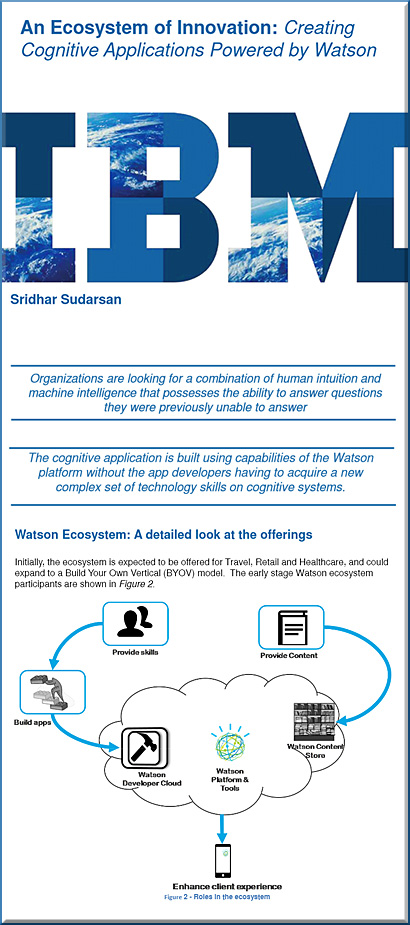From DSC:
First, some items:
Thinking for the future — from nytimes.com by David Brooks
Excerpt:
We’re living in an era of mechanized intelligence, an age in which you’re probably going to find yourself in a workplace with diagnostic systems, different algorithms and computer-driven data analysis. If you want to thrive in this era, you probably want to be good at working with intelligent machines. As Tyler Cowen puts it in his relentlessly provocative recent book, “Average Is Over,” “If you and your skills are a complement to the computer, your wage and labor market prospects are likely to be cheery. If your skills do not complement the computer, you may want to address that mismatch.”
So our challenge for the day is to think of exactly which mental abilities complement mechanized intelligence. Off the top of my head, I can think of a few mental types that will probably thrive in the years ahead.
Excerpt:
Create your own employment avatar robot to replace you at work. Fight fire with fire. Could this be the solution to the coming robotic automation revolution?
…
The question on everyone’s mind is “If all the jobs are automated, who will have money to buy the products from these corporations?” This is not just a blue-collar issue. Predictive analytics in soft A.I. robots could replace creative jobs as well.
Siri says ‘dump him’? How mobile devices could run (or ruin) your life — from CNN.com by futurist Gerd Leonhard
Excerpt:
(CNN) — The Web is set to change our lives dramatically over the next decade. This will also raise questions about the use of personal data and the need to balance new powers with ethics. Here are five ways you can expect the explosion in technology to impact you:
From DSC:
These items caused me to reflect…they made me wonder…
- How should we educate our youth in this age of automation?
- How should our curricula respond/change/adapt to these trends?
- Or should we even be talking about curricula? Perhaps we should rather be curating and providing streams of content — and doing so on a lifelong basis…?
- How should we reinvent ourselves and keep ourselves marketable?
Addendum:
- Why Cognition-as-a-Service is the next operating system battlefield — from gigaom.com by Nova Spivack









